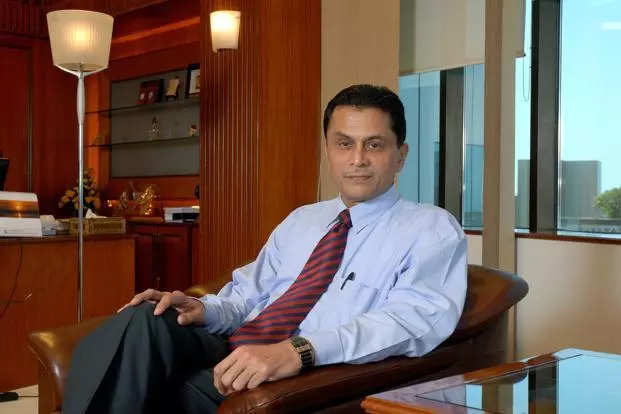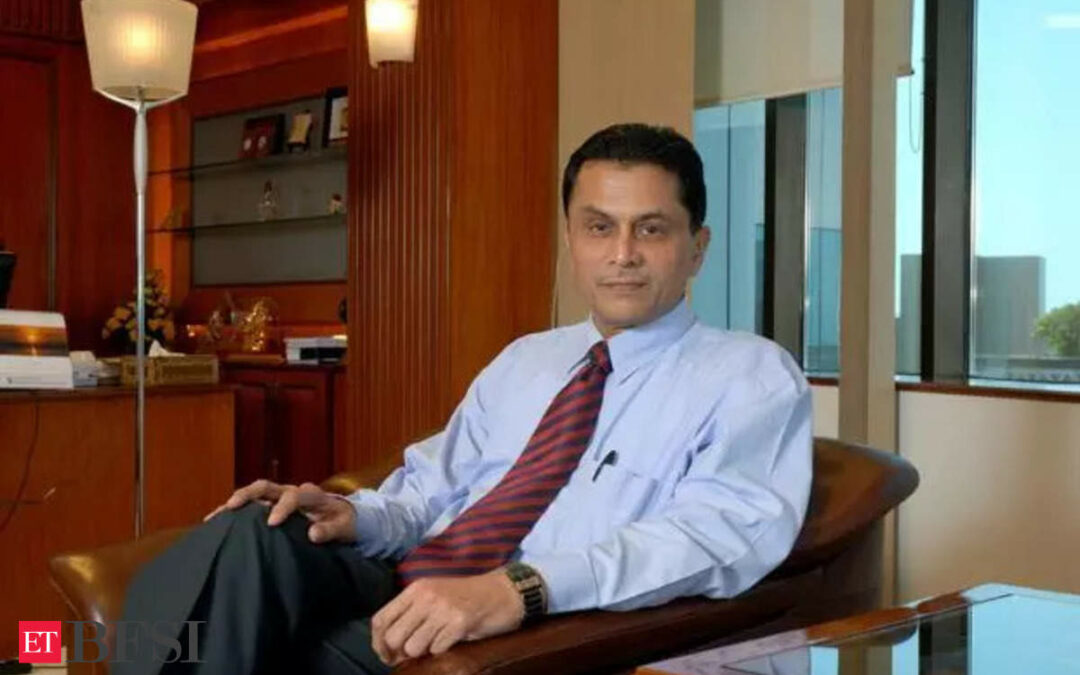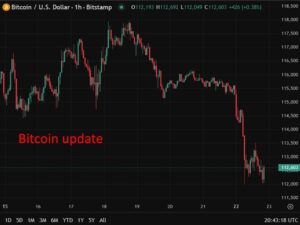Hindenburg Research has accused Madhabi Puri Buch, Chairperson of the Securities and Exchange Board of India (SEBI), of holding stakes in offshore entities allegedly linked to the Adani Group. The research firm has raised concerns about potential conflicts of interest and questioned the integrity of SEBI’s ongoing investigations into the Adani conglomerate.
The Bhave episode
This isn’t the first time SEBI has faced such scrutiny. In 2011, C B Bhave, then the chairperson of SEBI, was embroiled in controversy over his alleged involvement in the NSDL IPO Scam, also known as the ‘demat scam.’ The scam, which occurred while Bhave was the Managing Director and CEO of the National Securities Depository Limited (NSDL) from 1996 to 2008, involved the misuse of multiple demat accounts by retail investors to corner shares in Initial Public Offerings (IPOs).These shares were later sold at a premium on the secondary market, with NSDL accused of failing to detect and prevent the manipulation of these accounts.
Despite the controversy, Bhave maintained that NSDL had followed all required procedures and that the issues were systemic rather than due to individual negligence. He eventually received a clean chit in the matter, even after questions arose when he was appointed SEBI Chairman in 2008. Bhave recused himself from the NSDL proceedings to avoid any conflict of interest, highlighting SEBI’s institutional mechanism for handling such situations.

The parallels
The parallels between Bhave’s case and the current allegations against Madhabi Puri Buch raise questions about how SEBI will address these concerns. Legal experts, like PR Ramesh, argue that the current issue is being overstretched. Ramesh points out that Buch was not even a fund manager and questions whether she or any other investor could realistically be expected to know the identities of other investors in the same entities, drawing a comparison to mutual funds.
Ramesh further noted that this isn’t the first time the regulator has been attacked, with earlier allegations targeting expert committee members. He suggested that something larger may be at play, but also emphasized that SEBI has mechanisms in place to manage conflicts of interest.
As the controversy unfolds, the focus will be on whether Buch, like Bhave before her, will receive a clean chit, and how SEBI will maintain its credibility in the face of these serious allegations.











